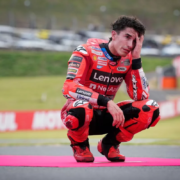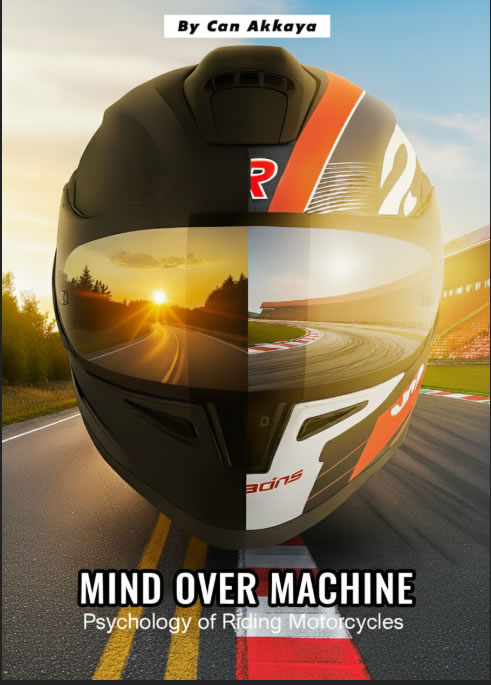Marc Márquez won the MotoGP World Champion 2025. Congratulations from the Superbike-Coach team to him and the Ducati Lenovo racing team.
Now what makes this one so damn special?! Well, this is pretty much the most remarkable comeback in all sports history. You know that Marc has crashed 108 times (!), just in those last 6 years in premier class? Can you only imagine what the total number of crashes must be, when considering him being on a bike from the age of 4? And what that man had to go through during that time. Bad mouthing, hate, pain, and a lot of surgeries. Marc, as a holder of 5 MotoGP premier class title holder, has become the evil and under dog of the sport. He had to listen to all this while being under the knife in order not to lose his arm. People were applauding and smiling when he crashed, which just happened recently in Misano. Now how despicable is that?!
This kinda stuff… this can make one stronger. One who has the heart of a Lion. You’ve heard the warrior’s battle cry over Motegi today. The relieve of pressure, burst out in tears. I was crying with him there. The man even sold him self way below salary just for the change to a satellite team and to rebuild his will to win. This comeback was personal.
I certainly hope he has the hunger for one more title, because there is something he wants bad.
Headcoach Can Akkaya, Superbike-Coach Corp














